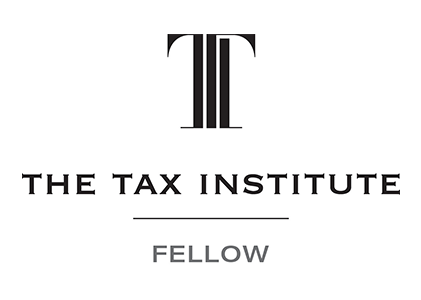
Keeping good business records is important for a number of reasons. It assists you to:
■ comply with your tax and superannuation obligations
■ gain a greater insight into the financial health of your business, enabling you to make informed decisions
■ manage your cashflow
■ demonstrate your financial position to prospective lenders, and also potential buyers of your business.
ATO REQUIREMENTS
Broadly, the ATO requires that:
■ you keep most records for five years from when you obtained the records, or completed the transactions or acts that they relate to – whichever is the later
■ you be able to show the ATO your records if they ask for them
■ your records must be in English or be able to be easily converted to English.
DIGITAL RECORDS
The ATO is reminding business owners that you can keep your records (paper/hard copies) digitally. The ATO accepts images of business paper records saved on a digital storage medium, provided the digital copies are true and clear reproductions of the original paper records and meet the standard record keeping requirements.
Once you have saved an image of your original paper records, you don’t have to keep the paper records unless a particular law or regulation requires you to.
However, if you enter information (for example, supplier information, date, amount and GST) from digital or paper records into your accounting software, you still need to keep a copy of the actual record, either digitally or on paper. Some accounting software packages may do both your accounting as well as your record keeping.
STORAGE OPTIONS
1. Cloud
If you use cloud storage, either through your accounting software or through a separate service provider, eg, Google Drive, Microsoft Onedrive or Dropbox, ensure:
■ the record storage meets the record-keeping requirements
■ you download a complete copy of any records stored in the cloud before you change software provider and lose access to them.
2. E-invoicing
Regardless of your E-Invoicing software or system, your business is responsible for determining the best option for storing business transaction data. You should:
■ ensure that your process meets the record-keeping requirements
■ discuss your options with your software provider
■ talk to your business adviser, if necessary.
DIGITAL ADVANTAGES
As the ATO point out, there are many advantages to keeping your records digitally. If, for example, you use a commercially-available software package, it may help you:
■ keep track of business income, expenses and assets as well as calculate depreciation
■ streamline your accounting practices and save time so you can focus on your business
■ automatically calculate wages, tax, super and other amounts, including
develop summaries and reports for GST, income tax, fringe benefits tax (FBT) and taxable payments reporting system (TPRS), as required
be prepared to lodge your tax and super obligations, including your tax return, business activity statements (BAS) and taxable payments annual report (TPAR) if you are a business that is required to
send some information to the ATO online (if the package meets ATO requirements), for example, your activity statement
meet your legal Single Touch Payroll (STP) reporting obligations
■ back up records using cloud storage to keep your records safe from flood, fire or theft
Our Management Credentials




